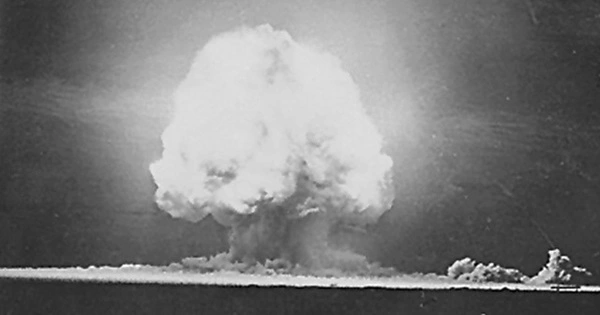Nuclear espionage is the clandestine gathering of information about nuclear weapons, technology, or facilities by one nation or entity in order to gain a strategic advantage over another. It is the deliberate disclosure of state secrets concerning nuclear weapons to other countries without authorization (espionage). Throughout the history of nuclear weapons, there have been numerous cases of known nuclear espionage, as well as numerous cases of suspected or alleged espionage.
This type of espionage typically involves the theft, acquisition, or unauthorized access to classified nuclear program information. Because nuclear weapons are widely regarded as one of the most important state secrets, all nuclear-weapons states have strict restrictions on disclosing information about nuclear weapon design, stockpiles, delivery systems, and deployment. Non-proliferation treaties also limit states’ ability to make nuclear-weapons-related information public.
Several motivations drive nuclear espionage:
- National Security and Defense: Countries may engage in nuclear espionage to improve their own national security by learning about potential adversaries’ nuclear capabilities. This includes information on the design, development, and deployment of nuclear weapons.
- Technology Advancement: Nations may seek to advance their nuclear capabilities by learning about cutting-edge technologies and scientific developments in the fields of nuclear weapons and energy.
- Counterintelligence: Countries may engage in nuclear espionage to protect their own nuclear secrets by monitoring and countering the efforts of other nations attempting to gather information.
- Diplomacy and Negotiations: Information obtained through nuclear espionage can be used as leverage in diplomatic negotiations or international relations, influencing the balance of power.
- Economic Interests: Some countries may engage in nuclear espionage for economic reasons, seeking to gain a competitive advantage in the global nuclear energy market or to reduce their own research and development costs.
Several historical examples illustrate instances of nuclear espionage:
- Manhattan Project: During World War II, the Soviet Union obtained critical information about the U.S. atomic bomb project (the Manhattan Project) through a network of spies, including the notorious cases of Klaus Fuchs and Julius and Ethel Rosenberg.
- AQ Khan Network: Dr. Abdul Qadeer Khan, a Pakistani scientist, was instrumental in spreading nuclear technology to countries such as North Korea, Iran, and Libya. His organization was involved in the illegal transfer of nuclear technology and materials.
- Stuxnet Attack: While not technically espionage, the Stuxnet worm is thought to have been developed by the US and Israel to sabotage Iran’s nuclear program by damaging
Nuclear espionage is a highly sensitive and contentious issue with far-reaching geopolitical consequences. It is frequently a focus of international relations and arms control efforts. Countries spend a lot of money on both offensive and defensive measures to protect their nuclear secrets and detect potential espionage.
















